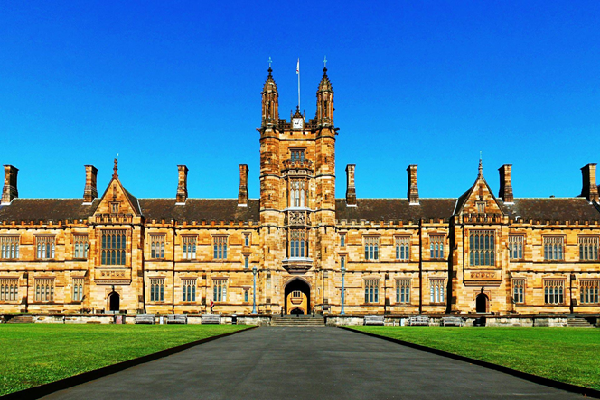University of Sydney: Research leadership lauded in global rankings
The University of Sydney has continued its rise in the prestigious Academic Ranking of World Universities (ARWU) for the third straight year, placing 60 in the world.
The University has continued its rise in the Academic Ranking of World Universities (ARWU), improving nine places globally and one place among its Australian peers, largely due to an increase in the calibre of its research.
Twenty-nine Sydney academics were named world-leading experts in their fields in the Clarivate Analytics Highly Cited Researchers List – an increase of 52 percent since last year.
Vice-Chancellor and President, Professor Mark Scott AO said the last three years had seen steady growth in the University’s position in the rankings.
“We are very pleased to see such strong results for the University in these global rankings as we continue to build year on year. It is a testament to the calibre of our academic staff and our alumni and the impactful research we are producing,” he said.
Released annually by the ShanghaiRanking Consultancy, ARWU ranks 2500 universities worldwide and publishes the top 1000. It uses six indicators to rank universities, including the number of alumni and staff winning Nobel Prizes and Fields Medals, highly cited researchers, papers published in the prestigious journals Nature and Science, papers indexed in prominent citation databases, and per capita performance of academics.
“Australian universities play many important roles in society, one of which is producing research that drives forward new ideas and solutions to complex problems. These rankings demonstrate the high regard in which University of Sydney scholars are held,” said Professor Emma Johnston AO, Deputy Vice-Chancellor (Research), pointing in particular to the leadership of Sydney experts in shaping the COVID-19 response and the work of its highly cited academics.
Among Sydney’s highly cited academics is Professor Eddie Holmes, a leader in the study of viral evolution who with colleagues in China, was the first to publicly share the entire genome of SARS-CoV-2, the virus that causes COVID-19 in humans. Another, Professor Glenda Halliday is one of the world’s leading experts on neurodegeneration. She has dedicated her career to research critical to improving the lives of those with Parkinson’s, dementia and other neurodegenerative diseases.
The University also recently performed strongly in the ShanghaiRanking Global Ranking of Academic Subjects, released in July this year. Sydney recorded 14 research areas in the top 50 globally, including nursing (7th), telecommunication engineering (9th) and transportation science and technology (10th).
In the QS World University Rankings released in June, the University ranked 41st in the world.

